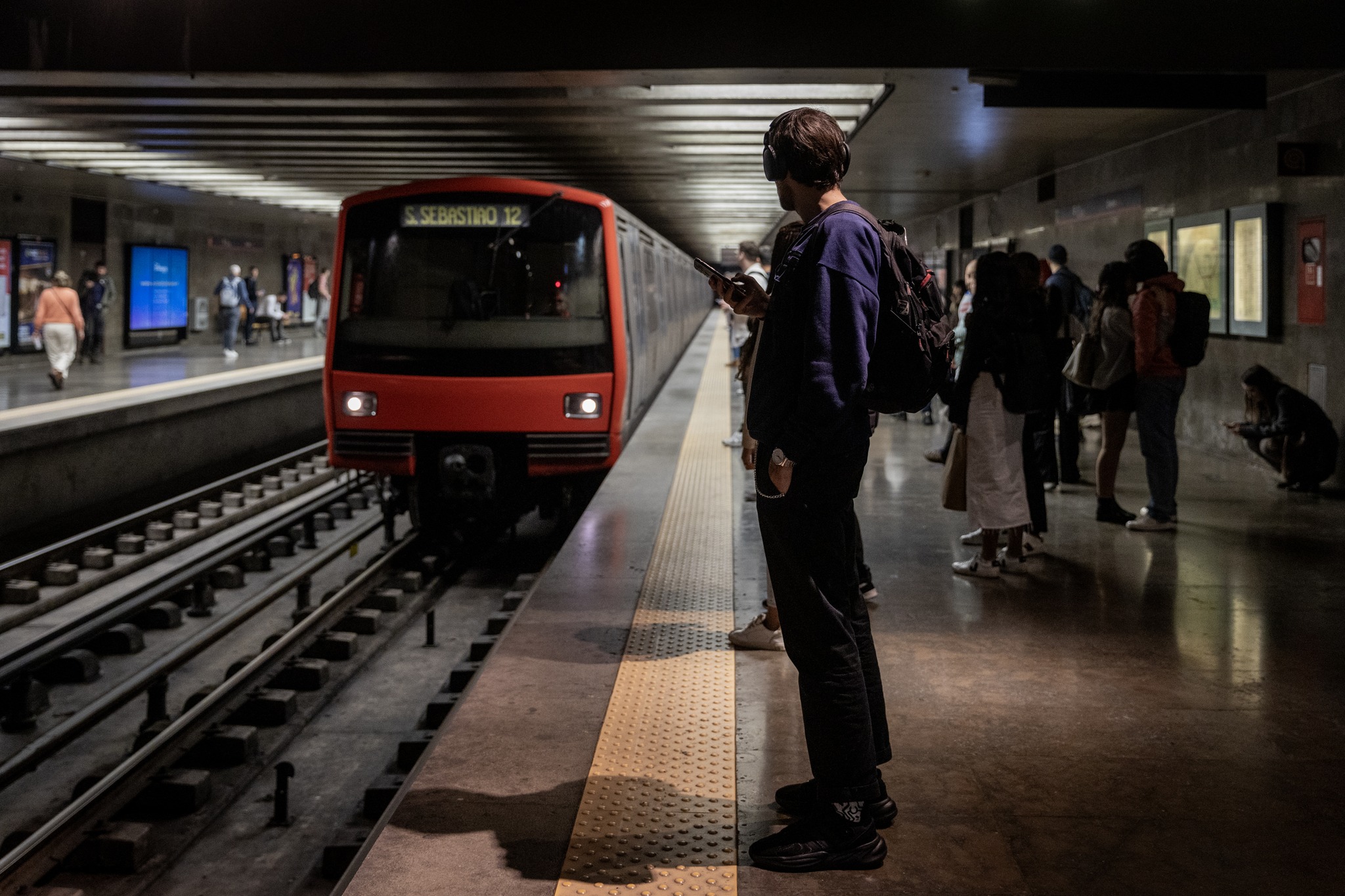Stadler has signed a contract with the Lisbon metro operator Metropolitano de Lisboa for the supply of 24 vehicles. The agreement includes an option for up to 12 more vehicles. The order was signed in the presence of the Portuguese Minister of the Environment and Energy, Maria da Graça Carvalho, and the Secretary of State for Mobility, Cristina Pinto Dias.

Metropolitano de Lisboa has awarded Stadler the contract for the manufacture and supply of 24 three-car vehicles with an option for up to 12 additional vehicles. The contract is worth EUR 134 million. This is the second order Stadler has received from the Portuguese capital’s metro operator. The first order was signed in 2021. Stadler is responsible for the supplying will serve the Circular Line. The 14 vehicles are currently being built, with the first undergoing tests on the Metro Lisbon network.
The new vehicles will be 49.6 m long. They will havelarge windows, and the passenger compartments will be recomfortable, light and bright and maximise available space. A modern passenger information system will have large monitors and a video surveillance system. The fully accessible and barrier-free vehicles have nine double doors on each side and more space in the vestibules to enable people to get on and off quickly and easily.
“We are very proud that Metropolitano de Lisboa has once again entrusted Stadler with the renovation and modernisation of its fleet,” said Iñigo Parra, Executive Vice President of Stadler Division Spain. “The new metros are more comfortable, more spacious, quieter and lighter. We are pleased that our technology and expertise can contribute to this important mobility project. The acquisition of these new trains represents a significant step forward in the modernisation of the Lisbon metro. They will enhance performance and provide a superior travel experience for the passenger.”
Maria Helena Campos, Acting President of Metropolitano de Lisboa, commented that “the procurement of these new trains marks a major step forward in the modernization of the Lisbon Metro, enhancing service quality and capacity, while also improving the travel experience and mobility within the Lisbon Metropolitan area.”
Share on:



